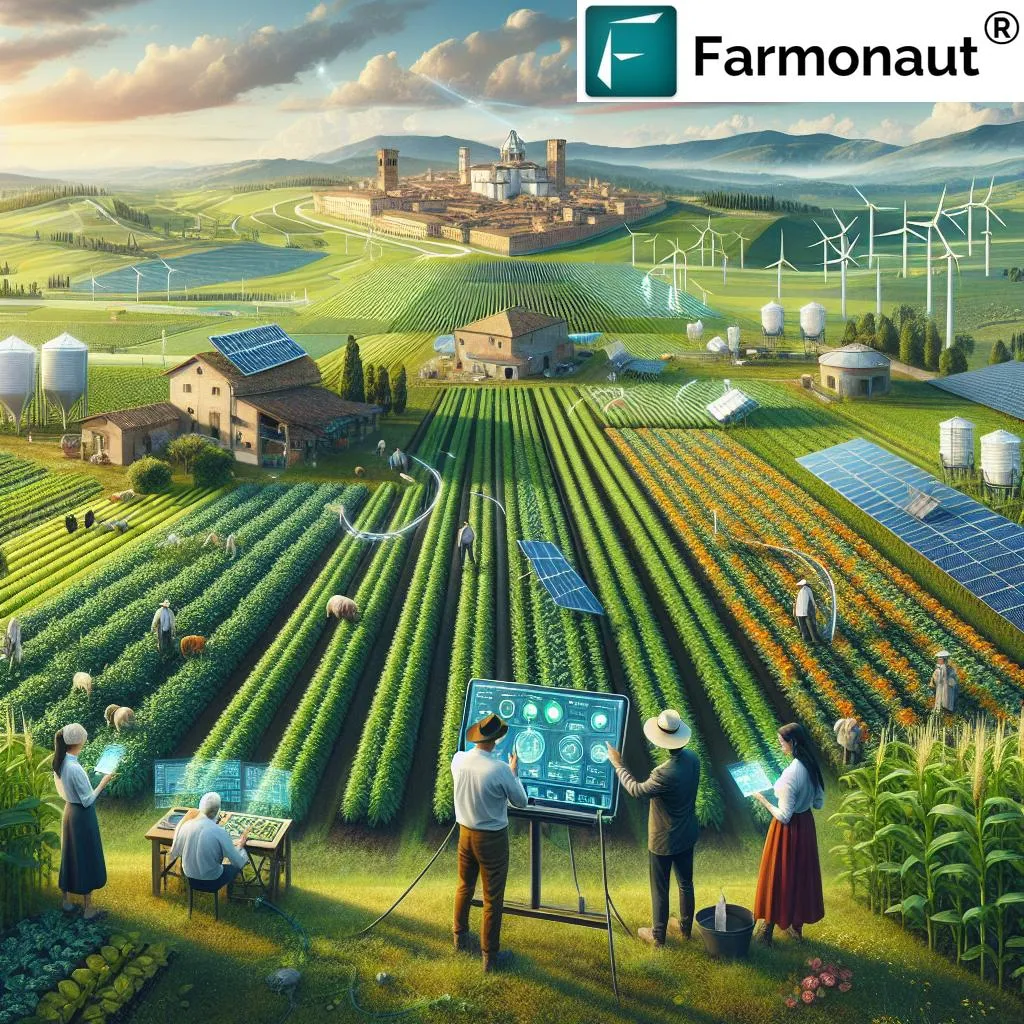In the heart of Europe, where the agricultural landscape is as diverse as its cultures, a pressing question looms: how can farming practices evolve to meet the demands of sustainability, economic viability, and social equity? A recent study published in *Frontiers in Agronomy* delves into this complex issue, offering insights that could shape the future of European agriculture.
The research, led by Ioan Prigoreanu, examines the multifaceted nature of agricultural sustainability in the European Union (EU). It highlights the region’s agronomic diversity, from cereals and oilseeds to vegetables and fruits, integrated into various production systems like conservation agriculture, organic farming, and agroforestry. Each of these systems contributes differently to environmental protection, economic efficiency, and social equity.
The study employs a multi-level methodological approach, combining conceptual, legislative, empirical, and bibliometric analyses. It reveals a significant surge in academic and political interest in sustainable agriculture post-2016, driven by climate change pressures, digital transformation, and structural changes in rural areas.
“Research trends highlight an increasing focus on eco-efficiency, digitalization, and performance-based sustainability indicators,” notes Prigoreanu. This shift is not just academic; it has profound implications for the agricultural sector’s commercial viability.
The Common Agricultural Policy (CAP) remains the central policy instrument supporting the transition to sustainable agriculture. However, its effects are mixed. While it provides income stability and supports environmental commitments, it also contributes to persistent disparities between countries and farm types.
Empirical studies show that the economic viability of EU agriculture is strongly influenced by the financial management of farms, their capacity for innovation, and the degree to which policies are tailored to national and regional specificities. This underscores the need for flexible, integrated, and context-sensitive approaches that align with the heterogeneity of European agricultural systems.
The social dimension, including the involvement of farmers, generational renewal, and the resilience of rural communities, is emerging as an essential pillar of the green transition. This is alongside technological innovation and digitalization.
The study emphasizes that achieving long-term sustainability in EU agriculture depends on balancing productivity with environmental restoration and ensuring equitable socio-economic opportunities across all Member States. As the agricultural sector navigates these challenges, the findings from this research could guide policymakers, farmers, and investors in making informed decisions that foster a sustainable and prosperous future for European agriculture.
The research, led by Ioan Prigoreanu and published in *Frontiers in Agronomy*, offers a comprehensive review of the concepts, policies, and economic perspectives shaping agricultural sustainability in the EU. Its insights could prove invaluable as the sector strives to meet the demands of a rapidly changing world.

